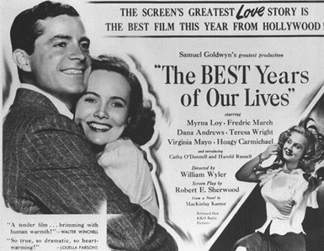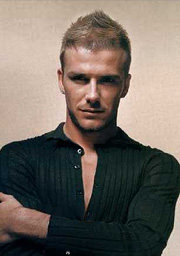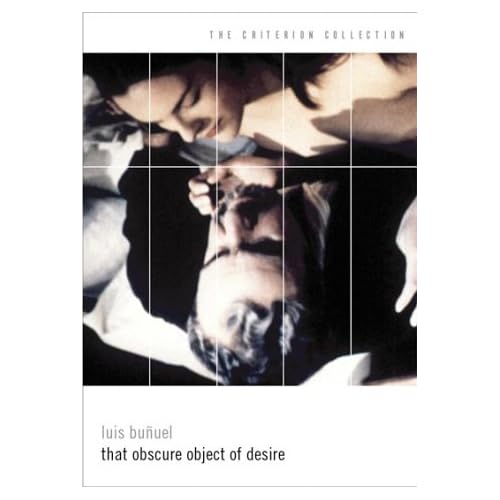The past few days I have spent much more time than I would care too in dentist, physical therapy, and eye doctors lobby's. In those hours though, I have had the choice to either read a copy of Newsweek from early November that someone left in the lobby, or some of the books I have been borrowing from Barnes and Noble recently. The borrowing of hardcovers with a promise to return them in decent shape is definitely one of the perks of working at Barnes and Noble, especially when you are on a budget.
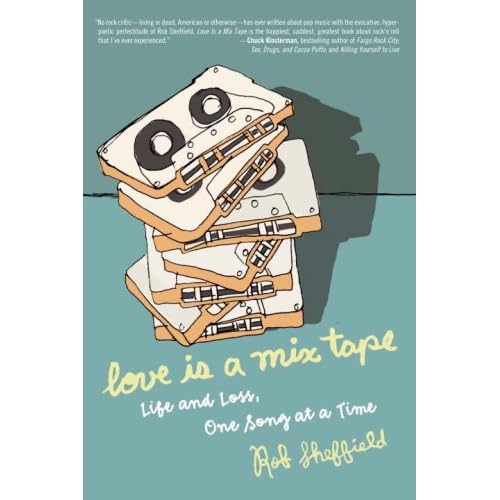
One book that I have just dove into yesterday is
Love is a Mix Tape by Rob Sheffield. In this book Rob, a current writer for Rolling Stone among other publications, uses 22 mix tapes to chronicle his time before and with his late wife Renee, as well as his memories of her and deaoling with her unexpected death. Renee died unexpectedly just 5 years into their marraige. In the first entry Rob chronicles a mix tape from March of 1993. Being a rolling stone writer, and being the mid 90's these tapes are filled with some of the breakout alternative acts of the 90's. The first song on the first tape is
Shoot the Singer by Pavement. A page before the first chapter is the line from another Pavement song, "I wasted all your precious time, I wasted it all on you" from
Texas never Whispers, I think. Leafing through the mix tapes you see tons of Pavement, Morrissey, L7, Sebadoh, Superchunk, Dinosaur Jr. It definitely takes one back to that time in 90's which was the last time I was
really excited about music myself.
Granted, I'm only 50 or so pages in, but what is making the book work so far is the sincerity and beauty in the way that Rob remembers their time together. Any aging hipster can write a book about the mix tapes they shared with a loved one from the 90's. And anyone can drop in the cool bands and memories of car rides, and dancing, and long nights together. But, not everyone can make it work. Sheffield's self depreciating humor, obvious love for the music that initially served as he and Renee's bond, and obvious love for Renee makes this more than a self serving book. In the first chapter, "The whole world got cheated out of Renee. I got cheated less, because I got more of her than anybody," and by the end of the chapter, only 15 pages, I already agree. I put down the book and am just staring off into space. He's already painted a picture of Renee that makes me wish that I met her as well. Even if she did hate The Smiths. There will be obvious comparisons to Nick Horby's
High Fidelity except, this
actually happened.As if I needed more reason to keep reading Rob also delves into old films from time to time...
The country singers understand. It's always the one song that gets you. You can hide, but the song will find you...
Gangsters understand too. In the old Gangster movies you're always running away to a new town, somewhere they won't know your mugshot. You can bury the dirty deeds of your past. Except the song follows you. In detour, it's "I Can't Believe You're in Love with Me." The killer hears it on a truck stop jukebox, and he realizes there is no escape from the girl. In Gilda, it's "Put the Blame on Mame." In Dark Passage, "Too Marvelous for Words." Barbara Stanwyck in Clash by Night, she's so cool tough and unflappable, until she goes to a bar and get's jumped by a song on the jukebox, "I Hear a Rhapsody." She starts to ramble about a husband who died, and a small town where she used to sell sheet music. She's not so tough now. You can't get away from the meanest jukebox in town.Um, Yes. Yes. Yes. It's all true. As I said I am only about 50 pages in, but so far it's a damn good read, and touching at that. I'd imagine I'd be through this one by the time the weekend is out. That is if upcoming chapters don't have me staring into space too long, heartsick, as the first chapter did.
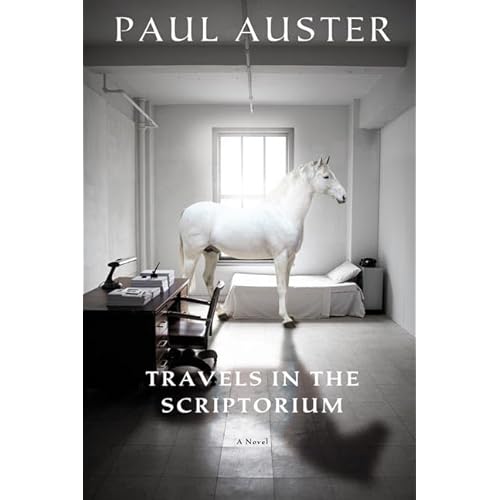
Also, much to my delight, Paul Auster had a new book released this past week. I devor Paul Auster's novels like lunch at an all you can eat Indian buffet. I love the guy. I find him to have one of the most unique voices that I have read. The way that he weaves a story within a story has pushed some of my friends away from his novels, or to feel they have already seen the trick and stop after one or two. It's part of what keeps me coming back. That and how many times Auster's works are extremely dark, but in that darkness and the lonliness he puts some of his characters through, there is a beauty and somehow an optimism about humanity below it all. His work as a screenwriter on the other hand in films such as
Smoke while not entirely terrible, pales in comparison for me, to his novels.
Travels in the Scriptorium is only 152 pages. So it wasn't really any suprise to me that I finished it in only two sittings. I would have likely finished it in one, but I thought to myself, "I want something to look forward to tomorrow at lunch." So I saved the remaining 50 pages for then.
Travels reads more like a novella or short story than some of Auster's other work. And after his last novel
The Brooklyn Follies, this seemed very dark in comparison. A man is in a room, he doesn't know where or why. He is only referred to as Mr. Blank. And as he is trying to piece together his memory and find out why he is there, he finds a manuscript at a desk, which seems to be written for him to help him, or maybe to harm him, to drive him even more crazy.
Though in the end the story does work for me, this is far from my favorite Auster. That would be the excellent
Book of Illusions. But, this is a quick read and an enjoyable one at that. It's a bit dark, and at times even bleak. And while I found the ending to be typically fantastic as is usually the case for Auster, I am unsure still what to exactly make of it. It is unsettling in a way that some of his other books aren't.
This may not be the best introduction to Auster for some of the reasons I mentioned above. But, readers of Auster's other works will find some special joy in this as numerous characters from his previous works show up in one form or another. At the very least, this will at least tide me over until his next book comes out.











